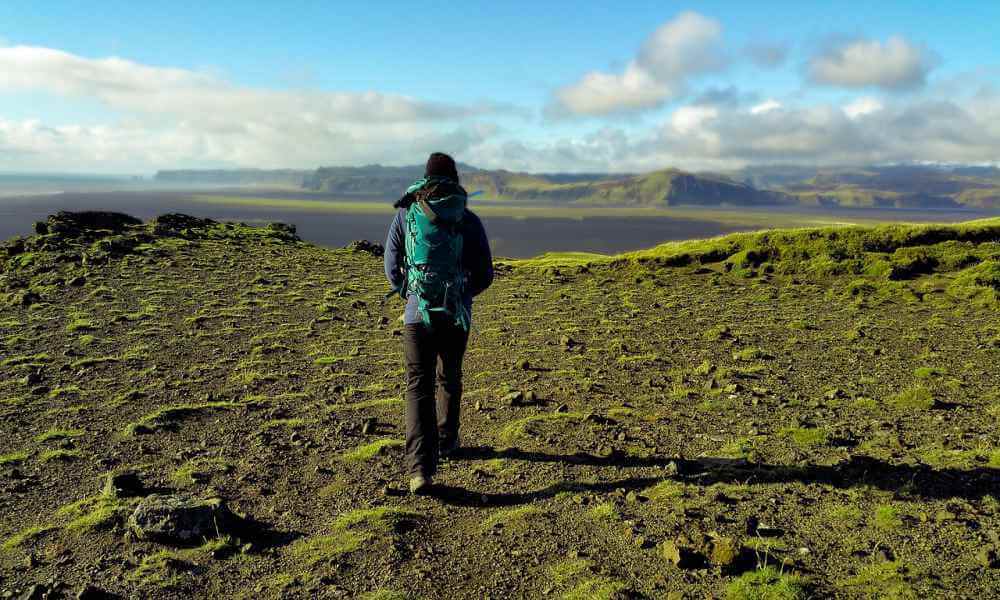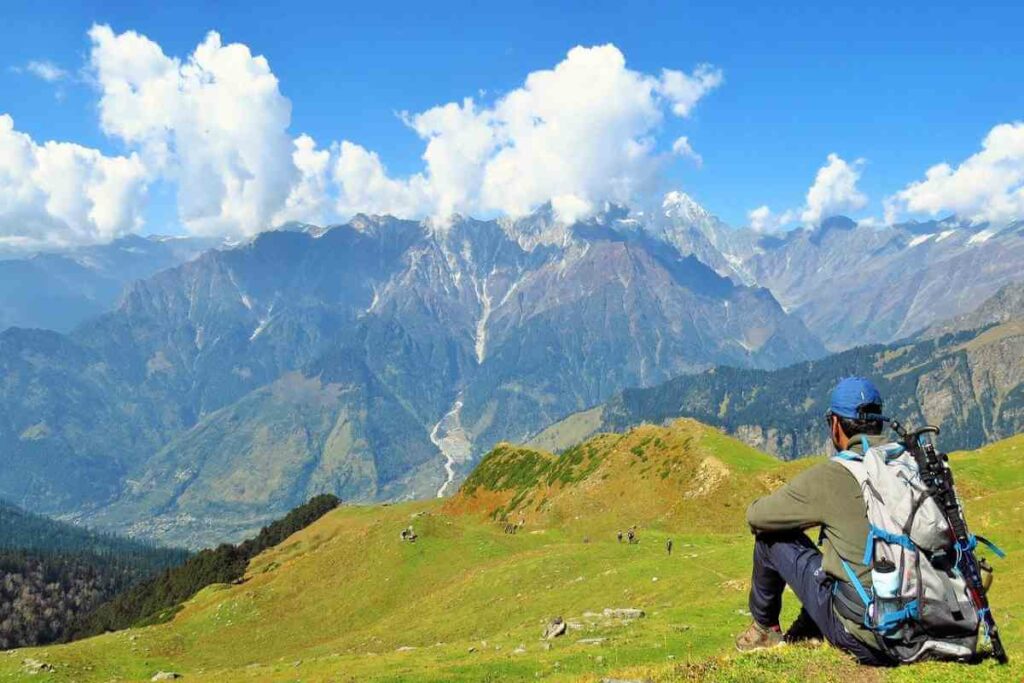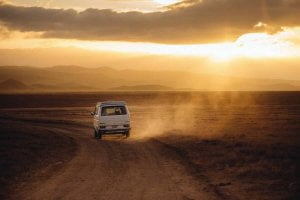Backpacking Concept and definitions: In the literature backpacker concept is interpreted by various academicians, researchers and industrialists in various ways. There is lack of consensus among them about its actual meaning. Pearce (1990) first introduced the term ‘Backpacker’. Later the various researchers define the term ‘Backpacker’ and its derivations – “backpacker,” “backpacking,” and “backpackers” – can be nouns, verbs, or adjectives.

One can be a backpacker, can backpack, can choose backpacking as a form of travel, can stay at a backpacker or stay at a backpackers’ accommodation. One never need own a backpack to backpack.
*‘Backpacking’ is a type of tourism opposite of mass tourism. It has been a way of travelling.
*‘Backpacker’ is a type of tourist of the qualities of drifters, wanderers, adventurers and explorers.
*‘Backpackers’ means low budget accommodation for a backpacker.
Definitions of backpacker:
- Brown et al (2011) explains backpacking or youth tourist are generally having little luggage, are on a budget, want to experience adventure and excitement, tend to travel independently, enjoy meeting other traveler, and have flexible travel schedules. A group of young tourists on a weekend walking tour in the mountains, or a student touring around the country by bus are examples of this group of tourists.
Characteristics of Backpackers
Backpackers are different from other types of tourists. They have their own independent specific driven motives for longer travel at distinct places for exploration with limited budget with informal and participatory behavior.
Pearce (1990) asserted that backpacking is best defined socially rather than in economic or demographic terms. Being a backpacker is an approach to travel and holiday taking rather than a categorization based on dollars spent or one’s age. Pearce believes that backpackers are primarily defined by:

- Young Travelers: The basic characteristic of age that differentiates a backpacker from the other travelers. The researchers confined the age of backpackers from 18 to 30 years in their various studies. So, young generation travel to meet his/her desires is considered as backpacker.
- Budget Accommodation: A backpacker always prefer a low budget accommodation, not staying at one particular for longer time and go for informal accommodation units that are provided by the local community so that they get chance for close interaction with the hosts and able to understand and learn about their culture. For example Youth Hostel Association of India (YHAI) is an associate member of the Hostelling International, U.K., earlier known as the International Youth Hostel Federation (IYHF), a premier international NGO promoting the youth hostelling movement, with a widespread network in 90 countries worldwide with more than 4000 unique hostels.
- Social Interactions: It is one of the basic characteristics of backpackers to travel only for to make friends. They are independent travelers and their plans of travel are very flexible. They are highly interested in social interaction not only with the local community but also with the co travelers who are staying in the same accommodation units. For example YHAI believe in ‘Wandering, one gathers Honey means backpackers travel with the sense of learning and gathering knowledge by gaining real experiences with the world, its people and the nature.
- Independent and Flexible Plans: Backpackers are not organized travelers. They possess the characteristics (novelty, spontaneity, risk, independence, and a multitude of options) of drifters, wanderers, adventurer and explorers. They are risk averters who travel independently and with flexibility in their plans. The features of independence and rigid less plans distinct the backpackers from the other types of tourists.
- Prefer Longer Holidays: A backpacker is one who travels for longer period of time say more than a month to meet his desires of novelty, learning, exploring and social interaction. Since he is travelling for a longer holiday that is also one of the reasons that he prefers low cost accommodation with in which he can meet the expense of his long travel.
- Informal and Participatory Holidays: The desire for social interaction with travelling peers is second only to the desire for budget accommodations as a motivator for backpackers (Murphy, 2001). The backpackers’ goals are to party and have fun rather than understand and interact on any significant level with their host country and communities. For Example activities like trekking, mountaineering, nature study; family camping, sailing etc. organized by YHAI is a great opportunity for backpackers for informal and participatory holidays.

Difference between a Backpacker and a Flashpackers
| S.No. | Criteria | Backpacker | Flashpackers |
| 1. | Age | 18 years old | 30 years old |
| 2. | Financial | Lack of funds | Able to splash on out activities |
| 3. | Travel time | Months on end | Roughly 21 days |
| 4. | Accommodation | Budget hostel | Luxury eco-camp |
| 5. | Room type | Shared rooms, bunk beds and noise | Own room, ensuite with balcony |
| 6. | Drinks | Prefers a Fish Bowl on Khao San Road | Prefers wine tasting + BBQ in Mendoza |
| 7. | Eats | Instant noodles at the hostel’s kitchen | Local street food for lunch and a gorgeous restaurant for dinner |
| 8. | Travels via | 20 hour coach trips | Two hour plane journey |
| 9. | Hikes in | Flip Flops | Timberland Boots |
| 10. | Photography | Compact camera | Canon SLR with trimmings |
| 11. | Travel Bag | Osprey Hybrid | |
| 12. | Preferred travel destination | South East Asia | South America |
| 13. | Usually found | Suffering from a hangover at Machu Picchu | Checking out the Galapagos, appreciating precious time off |





Pingback: 7 Little-Known Types of Modern Day Nomads and Expats - Fifty Plus Nomad